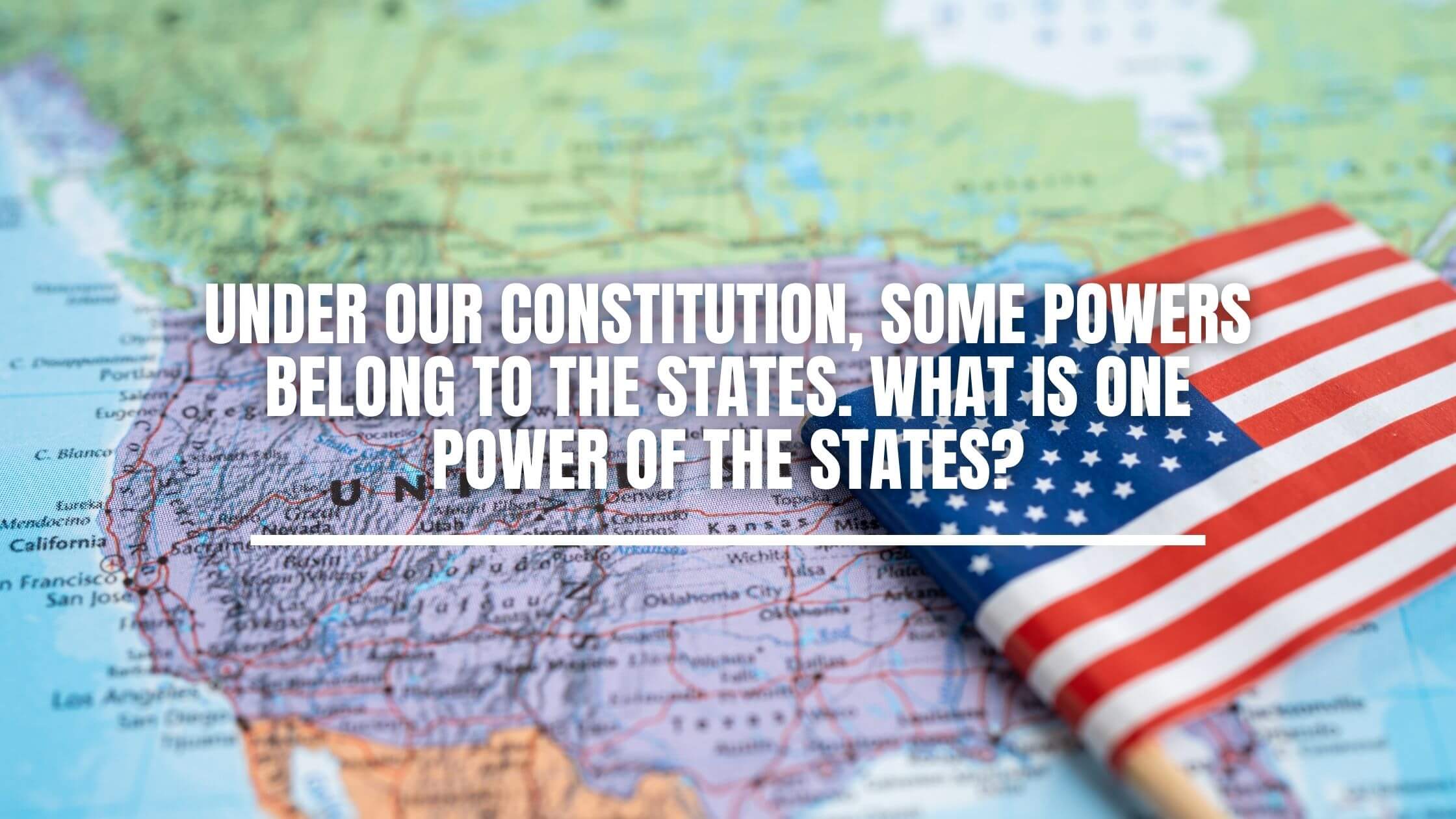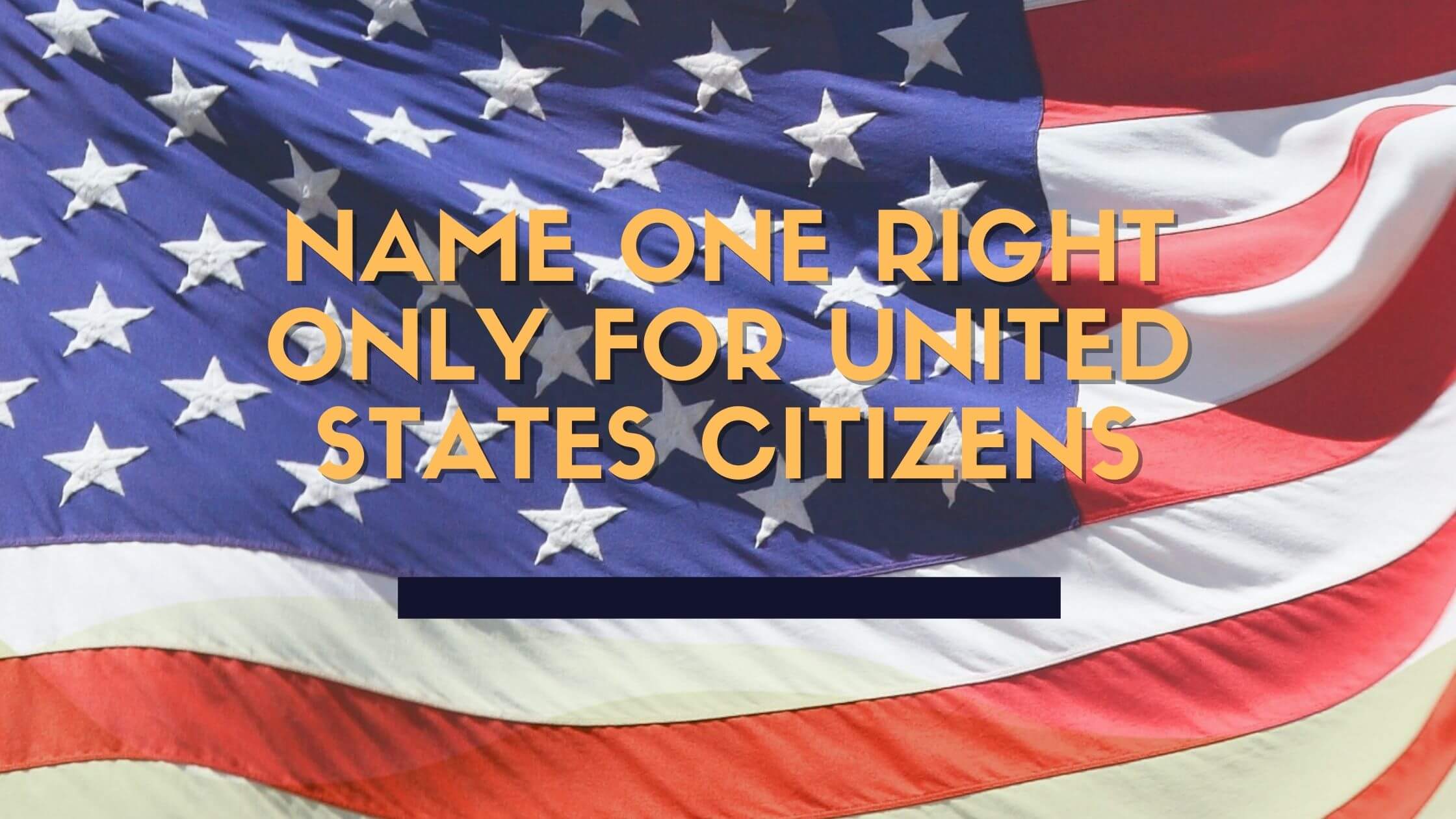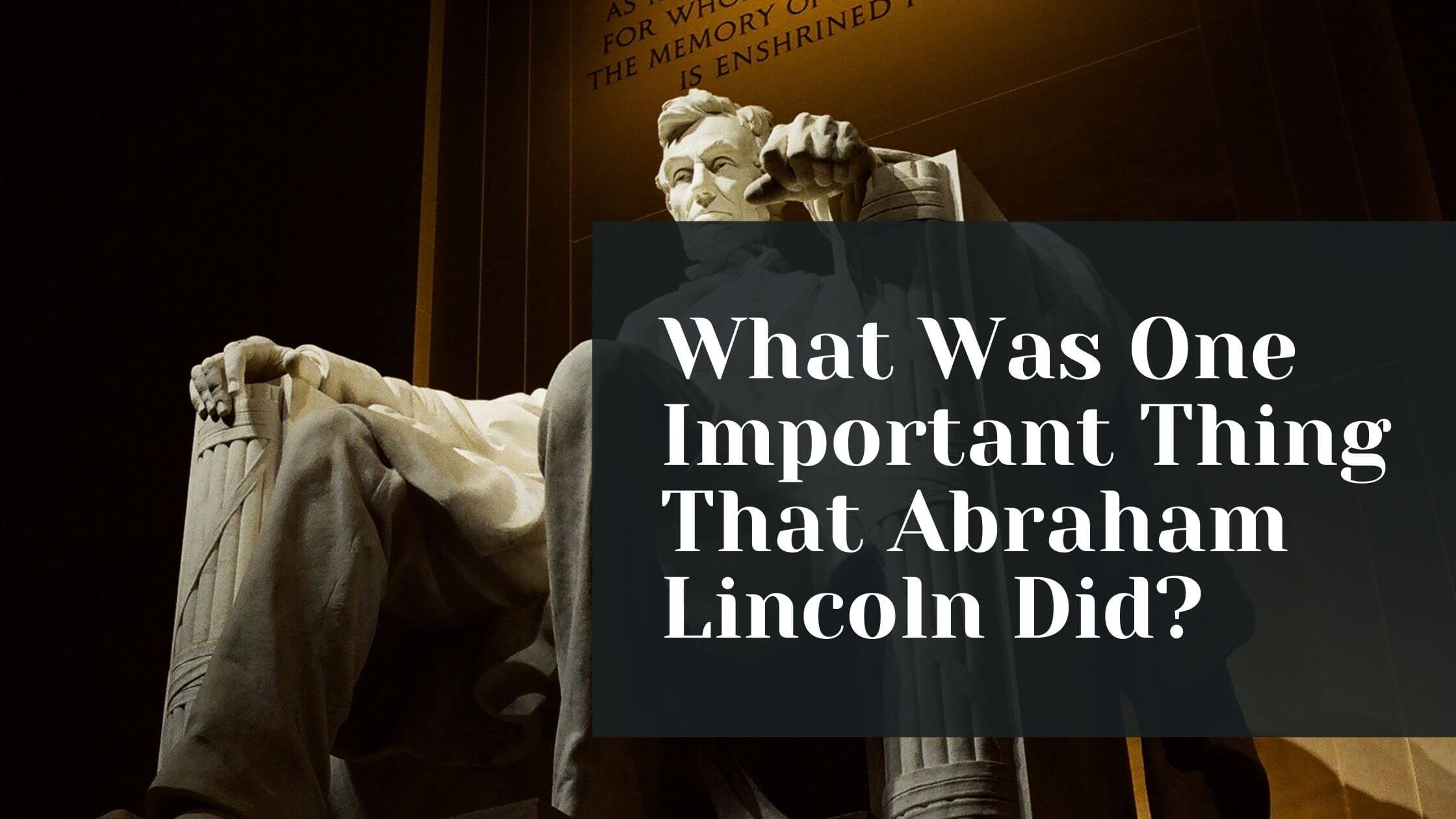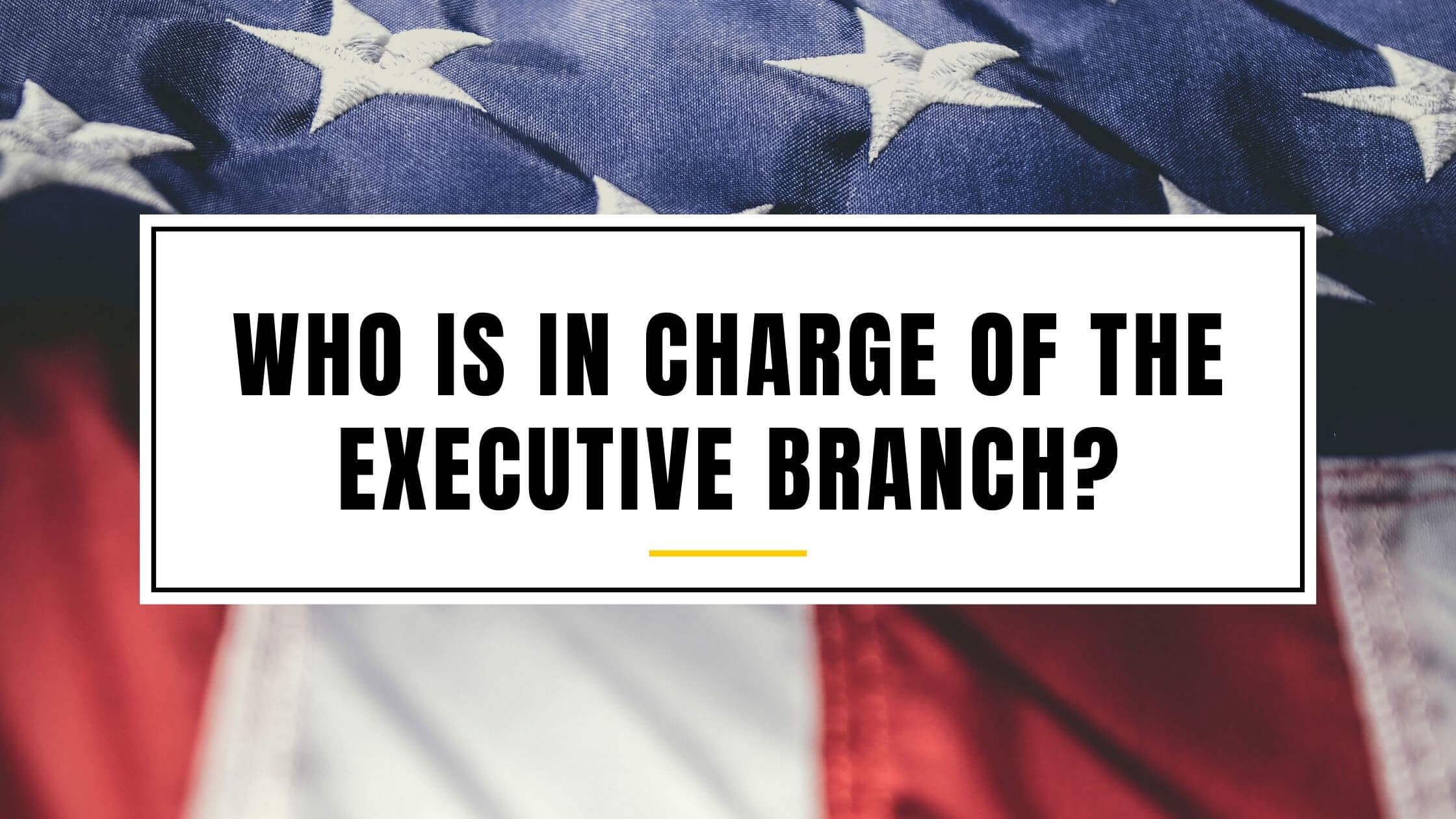Table of Contents
ToggleWhat is one power of the states?
- provide protection (police)
- provide safety (fire departments)
- Give driver’s licenses
- approve zoning and land use
Providing Police Protection
State governments provide police protection in the United States. States are responsible for maintaining law and order for the health and welfare of the population.
While police powers can be challenged in state and federal courts and may be deemed unconstitutional, they must be able to use physical force against people in certain situations. However, they are obliged to uphold citizens’ constitutional rights.
Nineteenth-century legislation gave states authority over their police forces.

Providing Safety
Fire departments are also formed and controlled by the state governments rather than the federal government.
As the Constitution doesn’t mention fire protection, according to the Tenth Amendment, it must be the responsibility of state governments.
State governments use their budgets to build fire stations, purchase fire trucks, and source other firefighting equipment. They also allocate funding to train and test firefighters and pay their salaries and benefits.
Giving People Driver’s Licenses
States are responsible for granting their residents driver’s licenses. This means the rules can differ in each state.
For example, a state government might require you to renew your license only once every ten years but stipulate that you do it in person. A different state might require you to renew it once every four years, but let you do it online.
Controlling Land Use
Under the Tenth Amendment, dividing land into zones and restricting what can be developed or done in each area is up to the states.
State zoning laws go as far back as the beginning of the twentieth century.
Zoning laws were discriminatory. Initially, zoning laws prevented African Americans from moving into specific areas. Such discriminatory laws no longer stand, but zoning laws can still disadvantage poor or average-income citizens.
For example, zoning laws can require only building single-family detached homes, keeping people with less money out of an area.

Providing Schooling and Education
State governments also build and administer schools, not the federal government. The federal government has a limited role in this process today and played no part before the 1960s.
State governments fund the construction of schools and pay teachers’ salaries. They decide what textbooks are used, how schools are administered, and what is required for a student to graduate. Local governments also have some power over how students are educated.
The separation of government powers into different branches (legislative, executive, and judicial) and local/state/federal governments is important for American Democracy.
From the local government to the federal government, each plays a vital role.
What Powers Belong to the States?
Because of the Tenth Amendment, the federal government’s powers are limited to what the Constitution gives. Unless the Constitution specifically says that the federal government has a certain power, the power belongs to the states or the people.

Get Smarter on US News, History, and the Constitution
Join the thousands of fellow patriots who rely on our 5-minute newsletter to stay informed on the key events and trends that shaped our nation's past and continue to shape its present.
Local governments, state governments, and federal governments have different powers.
Despite the limitations on federal power, the federal government often has authority over state governments. The Supreme Court can strike down either state or federal laws as unconstitutional.
For example, the Supreme Court struck down many early laws about working conditions against employees’ right to choose to work long hours.
Limitations on States’ Power
While the Constitution does not restrict states’ power as strongly as the Ninth Amendment restricts the federal government, there are still restrictions.
A state government cannot pass an unconstitutional law. All states must be republics, so a state could not legally declare itself a monarchy.
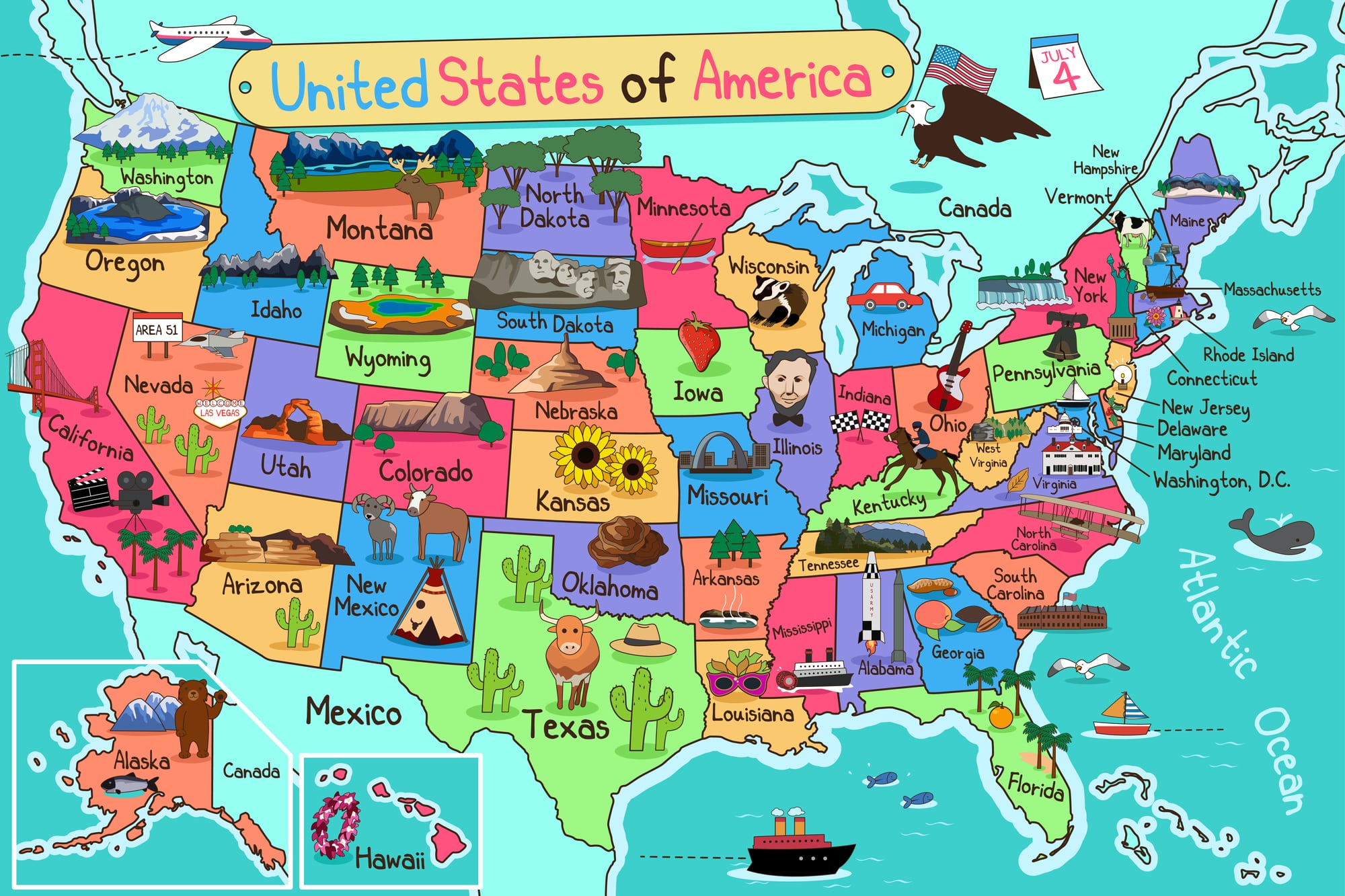
The federal government is also superior to all state governments. While the Constitution limits the federal government to a fairly narrow range of powers, it still holds supremacy. A state also cannot legally split itself into two states.
Some other things states are not allowed to do are:
- Enter an alliance, treaty, or confederation.
- Restrict and tax-free trade without the approval of the federal government.
- Grant a title of nobility.
- Create any laws against the United States Code, the congressional public laws, or the Constitution.
Other State Responsibilities
States cannot rely on the federal government and must do many things themselves. The states’ responsibilities include:
- Education.
- Protecting people from threats from within their areas.
- Creating/maintaining courts, police, and prisons.
- Regulating industry and businesses.
- Raising tax money to pay for the state government.
- Building state highways and state public works projects.
- Setting up local/county/municipal governments.
State Governments Have Legislative, Executive, and Judicial Branches
Like the federal government, state governments are split into three branches. A state government usually mirrors the United States government, though there are differences between the two. Each state has a state constitution, and state constitutions are often much longer than the United States Constitution.

State governors have powers similar to those of the president. There are state supreme courts, and almost all states split the legislature into two houses. All states have the right to decide how they organize their governments and could choose to be very different from the federal government.
States comprise counties, which are divided into municipalities with local governments.
The Ninth and Tenth Amendments
The Ninth Amendment states that the people have any rights that are not explicitly mentioned in the Constitution. The Founding Fathers believed that any list of rights could easily be incomplete and that creating a list of rights would take away any right that it failed to include.
For this reason, they created the Ninth Amendment to state that there may be unwritten rights that are not mentioned in the Constitution but are still legal rights for all citizens.
The Tenth Amendment allows the Supreme Court to remove federal government powers that are not given to the federal government under the Constitution.
Sometimes, a bill passes that gives the federal government a controversial new power. This can lead to a Tenth Amendment case about whether the bill is unconstitutional.
Because of the Tenth Amendment, things like police protection are state powers. The constitution does not mention anything about the federal government providing police protection. Therefore, these powers belong to the states or the people.
